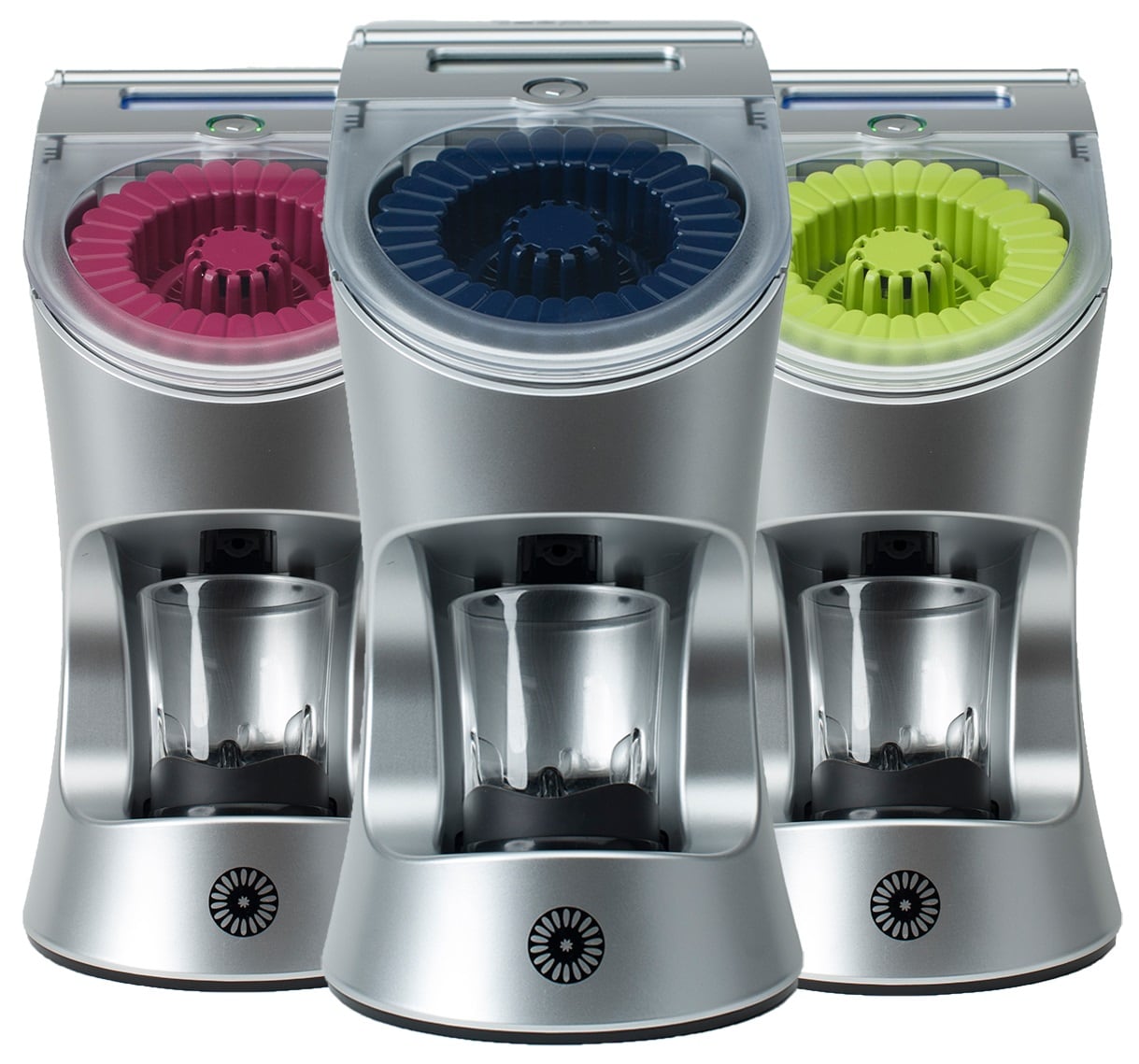From vegetarian softgels to bilayer or even trilayer tablets, there has been innovation around the more “traditional” delivery formats for several years. There is also significant innovation in the capsule space, like Capsugel’s DuoCap—capsules within capsules—which can be used for combination products with different release profiles or dual release of a single ingredient.
Many people point to gummies as a novel delivery form, and a solution to “pill-fatigue”. It is clear this format has bloomed over the past five to 10 years, with launched from standout brands like SmartyPants, but it is sometimes easy to forget that gummies have been around for a long time: Flintstones Chewable Vitamins were launched in the late 1960s!
In recent years, there has been innovation in gummies around using other gelling agents in place of gelatin to cater to vegetarian or vegan consumers and the halal and kosher markets. Pectin (as used in Annie’s Fruit Snacks, for example) or modified corn starch (Swedish Fish) are gelling agents that have been used as alternatives to gelatin, but the texture and mouthfeel is different.
San Francisco-based Geltor is working on gelatin produced by fermentation, giving formulators the opportunity to work with a “vegetarian” gelatin. The gelatin is produced using synthetic biology, which perhaps presents both a challenge in terms of communicating this technology to consumers but at an opportunity to discuss the move away from using animal skin, bones and connective tissue.
Chocolate and edible cups
With 70 years in the confectionery space, Illinois-based Georgia Nut Company recently started targeting vitamin, mineral and supplement consumers with its chocolate gem technology to deliver a range of bioactives, from vitamins C and D to melatonin, probiotics and turmeric, among others.
According to 2015 data from the Nutrition Business Journal, almost 10% of the $39 billion dietary supplements market are gummies (with pills about 50% of the market and softgels about 27%). Gummies contributed about $60 million in absolute dollar growth for the category in 2014, according to Sloan Trends, Inc.
Other novel (and some would say “quirky”) delivery formats include Liliware’s edible cups. The products debuted at the IFT show in Chicago in 2016. Loliware is now part of billionaire Mark Cuban’s portfolio after co-founders Chelsea Briganti and Leigh Ann Tucker struck a $600,000 investment with him on an October 2015 episode of Shark Tank.
Through the show, global nutrition company DSM contacted the team to collaborate, and six months later, Lolivita was ready to showcase. Loliware’s products are a plant-based fare—the gelatinous structure is mostly made out of agar, derived from seaweed, while the flavors and colors are derived from fruits and vegetables, Briganti said.
Countertops
There is also innovation in delivery with several companies coming up with Keurig/Nespresso-type supplement appliances. Brands like GudPod and Tespo have appliances and pods commercially available. Tespo recently launched a program allowing vitamin manufacturers to license the patent-pending vitamin pods, enabling them to create products compatible with the liquid vitamin dispenser system. The first licensee will be vitamin manufacturer MegaFood.

Another player in this space is VitaCup, which offers a Keurig-compatible coffee pods (K-cups) infused with vitamins for that extra pick me up first thing in the morning.
Looking at delivery from a different angle, bioavailability enhancements are also increasingly common in the industry, with curcumin among the most obvious examples—many suppliers are using bioavailability as a differentiator.
Customization and personalization
Another area of significant innovation is customization and personalization. Multiple companies have been springing up offering customized products—consumers choosing what they want in their supplements—but players should be careful to adhere to Good Manufacturing Practices.

Personalization is a much bigger field—it’s about figuring out which supplements may be right for you. Players such as Arivale, InsideTracker, DayTwo, Nutrigenomix, Orig3n and DNAFit have been making recommendations based on a blood test, genetic analysis or microbiome tests.
Supplement companies are also exploring the space: Herbalife recently chose South Korea to launch its first personalized nutrition product, Gene Start, while BioCeuticals, part of Blackmores, is about to debut its practitioner-only personalized nutrition products.
But it’s not just the testing and supplement companies that are looking at this space. The sector was jolted when Campbell’s Soup sunk $32 million into Habit. Nestlé has also been extensively exploring personalized nutrition for years and recently bought Atrium Innovations for $2.3 billion, which has the Pure Encapsulations brand and its PureGenomics program.
While the technology and science around this advances at breakneck speed, brakes will be applied by the regulatory framework. As Dr. Jeff Bland told us recently, “gene-based information is re-writing nutrition science in a way that is inconsistent with the current regulations.”
“In the end who will win out? Does science ultimately win out? I don’t know, but I know that you cannot define nutritional needs based on an average,” he said. “Will the change be consumer driven (think, ‘the patient will see you now’) or will there be enlightened regulators who drive out the old guard or wait for them to move on?”
Please click here to read part 1: From supply chain to new science.
This is not intended as an exhaustive look at all of the innovation in the industry but more of a snapshot of what we have been keeping an eye on and the broader trends.



